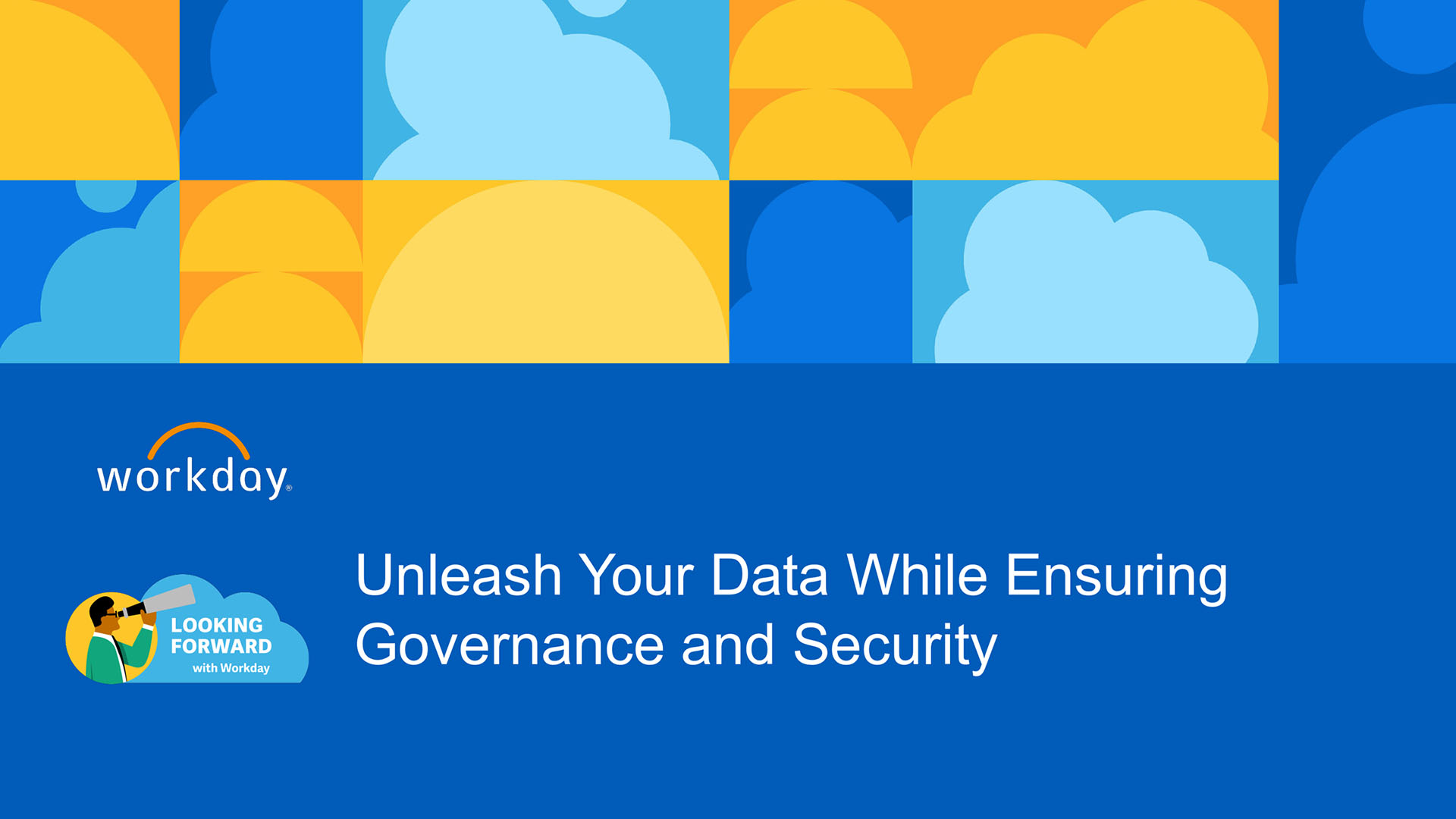
Workday emphasizes data security, but a recent third-party CRM breach highlights the ongoing challenges of protecting sensitive HR information. The incident underscores the importance of robust security measures across the entire data ecosystem.
The Workday Breach: What Happened?
In recent news, Workday, a leading provider of HR cloud applications, disclosed a data breach that has raised concerns about data security in the HR sector. The breach occurred because attackers gained access to a third-party Customer Relationship Management (CRM) platform used by Workday. But how did they get in? The answer is social engineering.
Social engineering, in simple terms, is the art of manipulating people into divulging confidential information. Think of it as digital trickery. Instead of hacking into a system directly, attackers tricked someone into giving them access. Workday confirmed that "threat actors were able to access some information from our third - party CRM platform" using these techniques.
So, what kind of information was compromised? According to Workday, the data was primarily “commonly available business contact information, like names, email addresses, and phone numbers.” While this might seem like relatively harmless information, it can still be used for malicious purposes, such as phishing campaigns or identity theft.
Why This Matters to Workday Customers (and Everyone Else)
Even though the compromised data was "commonly available," the breach still has significant implications. For Workday customers, it raises questions about the security of their data within the entire Workday ecosystem, including third-party integrations. It also highlights the importance of employee training to prevent social engineering attacks.
Consider this: if a hacker has your name, email, and phone number, they could craft a very convincing email pretending to be someone from Workday support. They might ask you to "verify" your account details or click on a link to "update" your password. If you fall for the trick, they could gain access to much more sensitive information.
This breach also serves as a wake-up call for the entire HR tech industry. It underscores the fact that even companies with robust security measures can be vulnerable to attacks that target human psychology rather than technical vulnerabilities. It begs the question: How can companies better protect themselves and their employees from social engineering tactics?
Think about the last time you received a suspicious email or phone call. Did you hesitate before clicking a link or providing information? This incident highlights the need for constant vigilance and a healthy dose of skepticism in our digital interactions.
My Take: A Chain is Only as Strong as Its Weakest Link
In my opinion, this breach highlights a critical truth about data security: a chain is only as strong as its weakest link. Workday may have excellent security protocols in place, but if a third-party CRM provider has vulnerabilities, or if employees are susceptible to social engineering, the entire system is at risk. This incident also underscores the increasing sophistication of cybercriminals, who are constantly finding new ways to exploit human vulnerabilities.
Looking ahead, I believe companies need to invest more in employee training and awareness programs to combat social engineering. They also need to carefully vet their third-party vendors and ensure they have adequate security measures in place. Data security is not just a technical issue; it's a human issue.
What are your thoughts? How can companies improve their defenses against social engineering attacks? Share your ideas in the comments below!
